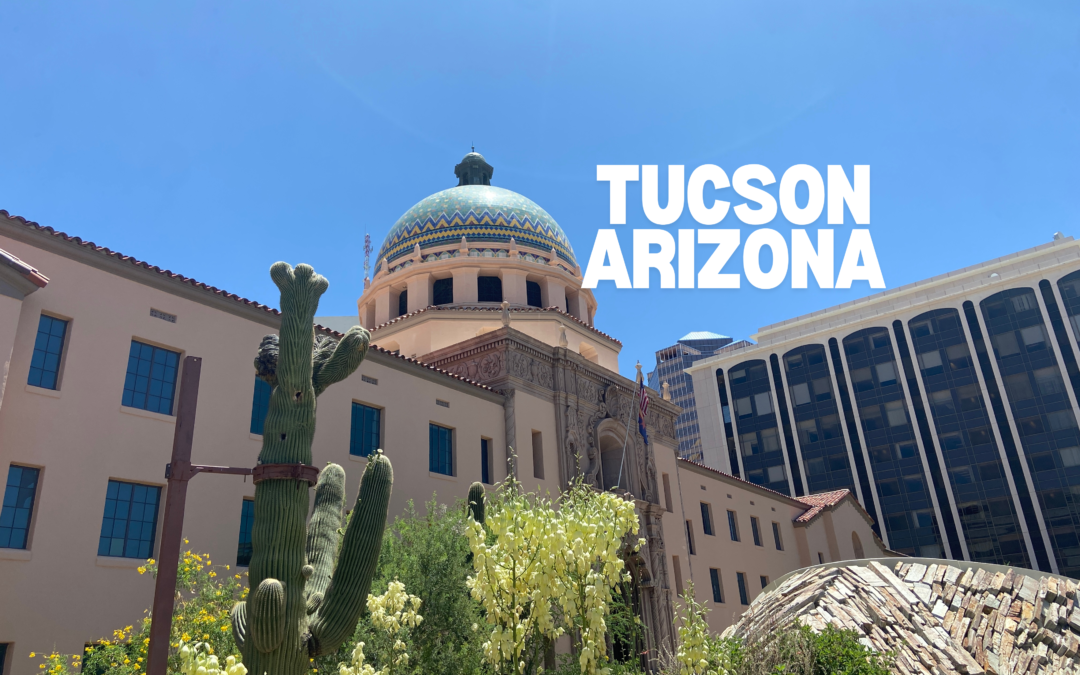Missing wills can raise a host of intriguing legal issues, often intricately tied to the unique facts surrounding each case and the laws of the state in which the deceased resided. In Tucson, Arizona, the absence of a will complicates the probate process and opens the door to various legal interpretations and potential disputes among heirs.
Understanding the Reasons Behind Missing Wills
One of the primary reasons a will may be missing is if the deceased intentionally revoked it. This can happen if the individual created a new will and neglected to properly destroy the previous version. In such cases, Arizona state law often dictates whether an earlier will or the state’s intestate succession laws will govern the distribution of the deceased’s estate. Intestate succession laws in Tucson, Arizona, outline a default hierarchy for asset distribution, typically favoring spouses and children, but this may not align with the deceased’s wishes.
On the other hand, a will might be missing due to unforeseen circumstances, such as destruction by fire or water damage. For instance, if a will was stored in a bank vault that was destroyed in an explosion, the probate court in Tucson, Arizona, may accept a photocopy of the will, or even a draft maintained by the deceased’s attorney, provided there is sufficient evidence to demonstrate that the original document was duly signed by the deceased.
The Legal Implications of Missing Wills
The legal implications surrounding a missing will can be significant. When a will cannot be located, heirs in Tucson, Arizona, may face lengthy court battles to determine the rightful distribution of the estate. The lack of a clear directive from the deceased can lead to disputes among family members, especially if relationships are strained or if there are competing claims over assets.
Additionally, if there’s any suspicion of foul play—such as one heir potentially having influenced the deceased’s decisions—this can lead to allegations of undue influence or even claims of fraud. In such scenarios, the burden of proof may shift, requiring parties to provide compelling evidence to support their claims.
State Laws and Their Impact
The state where the deceased resided plays a crucial role in resolving issues related to missing wills. In Tucson, Arizona, the law varies regarding the acceptance of lost or destroyed wills. Some states, including Arizona, allow for the probate of a will even if the original document is missing, provided that there is adequate evidence of its contents and that it was validly executed. Others may require a higher standard of proof, making it essential for heirs to understand Arizona’s specific regulations.
Practical Steps for Heirs
For heirs facing the challenges of a missing will, there are several practical steps to consider:
- Gather Evidence: Collect any documents that may provide insight into the deceased’s intentions, including prior wills, estate planning documents, and correspondence.
- Consult an Attorney: Engaging with an experienced probate attorney in Tucson, Arizona, can be invaluable. They can help navigate the complexities of probate law in your state and advocate for your interests in court if necessary.
- Communicate: Open lines of communication among family members can sometimes help mitigate disputes and facilitate a smoother resolution.
- Consider Alternative Evidence: If the original will is lost, look for alternatives such as drafts, copies, or testimony from individuals who may have witnessed the signing.
Selling Property in Probate
In situations where real estate is involved, like selling a home during probate in Tucson, Arizona, it’s essential to work with a knowledgeable real estate agent who understands the intricacies of probate sales. For instance, if you need to sell a home in probate in Tucson, Arizona, reach out to professionals like Ryan Comstock at eXp Realty. An expert can guide you through the process, ensuring compliance with legal requirements and helping to maximize the estate’s value.
Conclusion
Missing wills present a complex intersection of emotional and legal challenges. By understanding the implications and navigating the relevant state laws in Tucson, Arizona, heirs can better position themselves to honor the deceased’s wishes and resolve any disputes that may arise. Whether it’s gathering evidence, seeking legal counsel, or managing estate assets, a proactive approach can help ensure a smoother transition during a difficult time.

